CALL TODAY 646-846-1136 | EMAIL
Surgical Experts Dedicated to Improving Lives
At Lenox Hill Minimally Invasive Surgery PLLC, Dr. Valery Dronsky and his staff of medical professionals provide compassionate care with the highest ethical & professional standards. In our state of the art facility, we offer surgical services using only the most cutting edge and current procedures and treatments. We specialize in general surgery, including extensive experience in performing hernia repair surgery. Our expertise is in minimally invasive surgery and robotic surgery. Minimally invasive and robotic surgery often allow patients to experience easier recovery than traditional open surgery. They also allow for more precise and less traumatic surgery. When robotic and minimally invasive surgery is not an option, we are also skilled and experienced in traditional open surgical procedures.
Dr. Dronsky is an experienced and highly skilled surgeon having undergone extensive training in school, residency and fellowships. He practices medicine with ethical behavior, compassion and superb bedside manner. In the operating room he exhibits precision mechanical abilities, analytical thinking and the ability to visualize tissue in three dimensions. These innate and learned skills allow Dr. Dronsky to be one of the most dexterous and skilled professionals in New York City and the Country.
Call us: 646-846-1136
PATIENT TESTIMONIALS
Recent Awards
We are honored and deeply appreciative to have consistently received prestigious awards and recognition year after year, establishing us as one of New York’s foremost hospitals for a wide range of general surgeries, safety measures, specialized procedures, and overall excellence in healthcare. At Lenox Hill Minimally Invasive Surgery, our unwavering commitment lies in delivering exceptional care and unwavering support to our patients, guaranteeing their safety and successful recovery throughout their entire surgical experience.
Hospital Quality Awards
 America’s 50 Best Hospitals Award™ (2023, 2022)
America’s 50 Best Hospitals Award™ (2023, 2022)
Top 1% in the nation for providing the highest clinical quality year over year.

America’s 100 Best Hospitals Award™ (2021)
Top 2% in the nation for consistently delivering clinical quality year over year.

America’s 250 Best Hospitals Award™ (2023, 2022, 2021)
Top 5% in the nation for consistently delivering clinical quality.

Patient Safety Excellence Award™ (2023, 2022)
Top in the nation for providing excellence in patient safety by preventing infections, medical errors, and other preventable complications.
Specialty Clinical Quality Awards

America’s 100 Best Hospitals for Cardiac Care Award™ (2023, 2022, 2021, 2020, 2019)
Superior clinical outcomes in heart bypass surgery, coronary interventional procedures, heart attack treatment, heart failure treatment, and heart valve surgery.

America’s 100 Best Hospitals for Coronary Intervention Award™ (2023, 2022, 2021, 2020, 2019)
Superior clinical outcomes in coronary intervention procedures (angioplasty with stent).

America’s 100 Best Hospitals for Prostate Surgery Award™ (2023, 2022, 2021)
Superior clinical outcomes in prostate removal surgery and transurethral resection of the prostate.
Click to see all of our Healthgrades best doctors awards
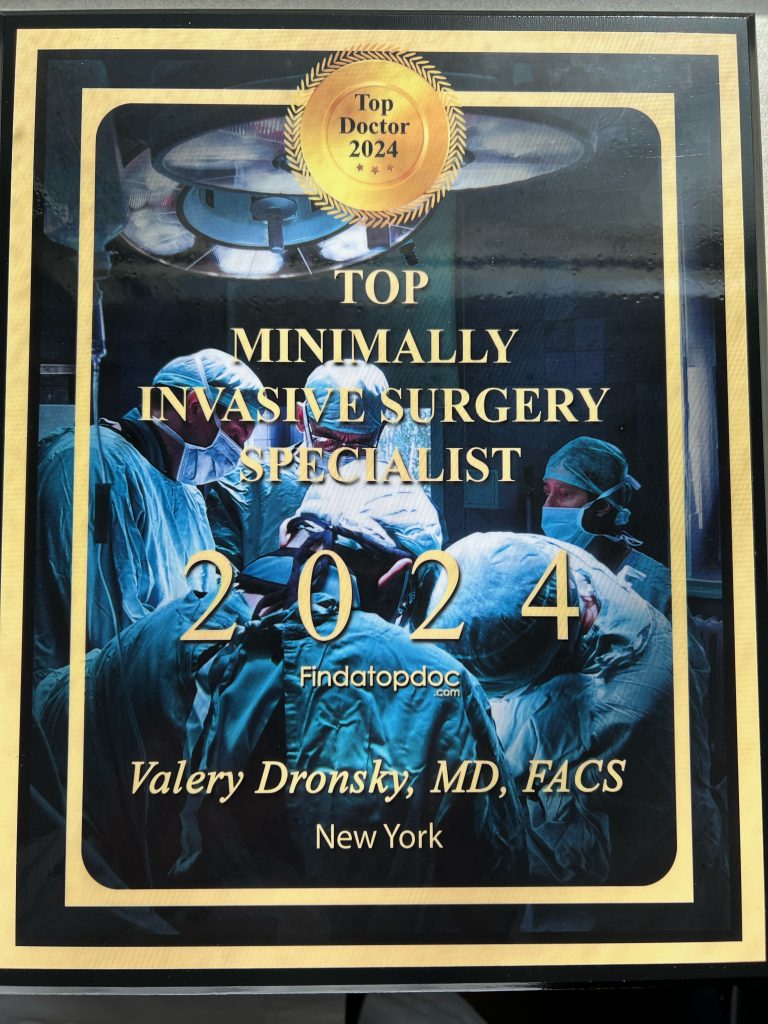
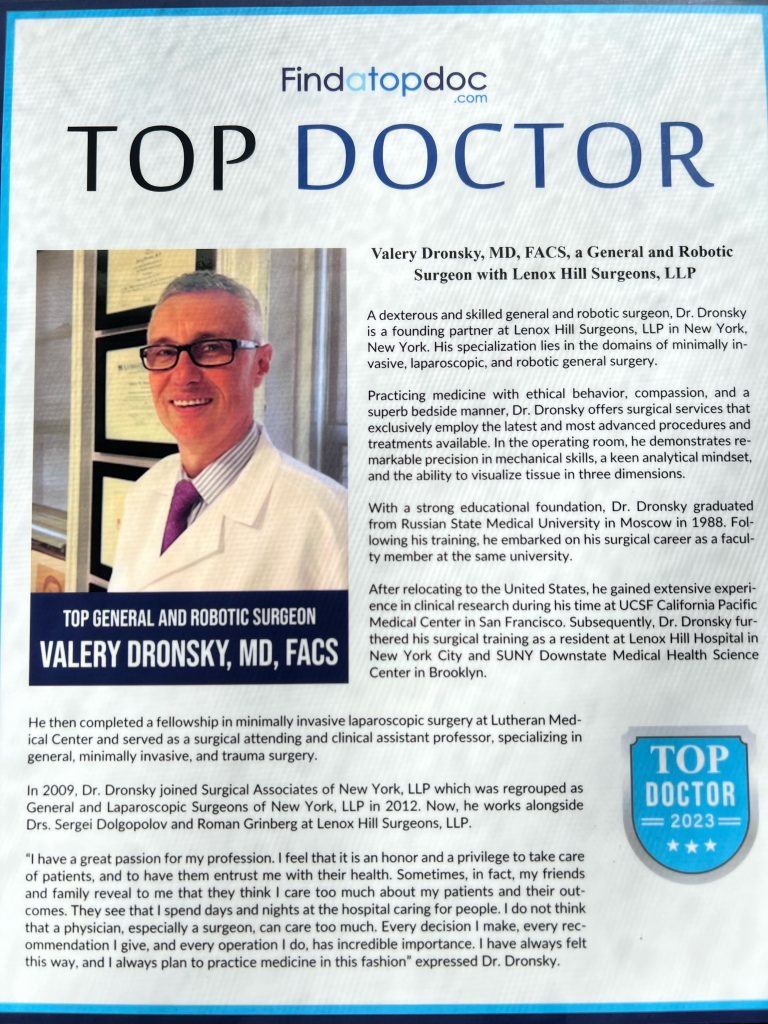


Visit our main website at www.LenoxHillMinimallyInvasiveSurgery.com
Blog Posts are Below:
Monthly Archives: May 2020
General surgeons & Surgery
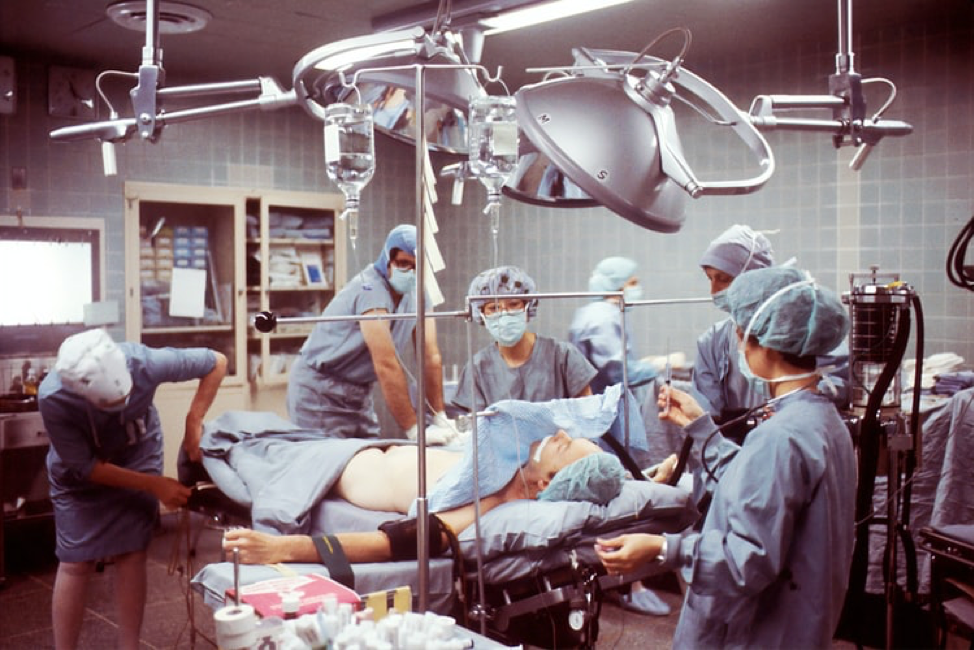
A general surgeon‘s responsibility is to care for the patients dealing with different conditions that usually require surgery. They don’t have any specialization or additional training, such as neurosurgery or heart surgery. But some general surgeons get advanced training in trauma surgery.
What General Surgeons Do?
The general surgeon performs a broad range of surgeries, including the abdomen, endocrine system glands, breasts, etc. Some of them are:
- Operatable surgeries of the gastrointestinal tract, which is a passage from the esophagus to the anus
- Breast diseases
- Liver, kidney, and pancreas transplantation
- Trauma to the thorax and abdomen
- Some skin conditions
- Initial assessment of people with a peripheral vascular condition
- General surgery of children
- Elective surgery
After gynecology, general surgery is the second major surgical specialty in America. It includes a wide range of surgical specialties that may lead to many sub-specialties.
Surgeons with respective subspecialty do other general work as well. The most common emergency problem that requires surgery is acute abdominal pain because the abdomen has many organs that can cause pain. Moreover, other common health problems that require surgery include hernias, gallstones, and appendicitis.
Standard Procedures of General surgeons
The general surgeons widely use the procedure of minimally invasive surgery or laparoscopic. This method is also popular in patients because it is less scarring, takes less time to recover, usually don’t have side effects, and gives improved outcomes.
Moreover, this procedure works best for patients who don’t have a severe problem. For example, general surgeons perform less severe colon operations using this procedure.
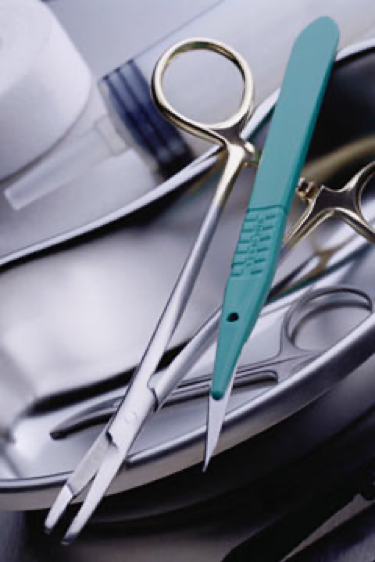
Almost every abdominal surgery can be carried out laparoscopically, including hernia repair. Some general surgeons also opt for a specialization in laparoscopic surgery.
Sub-Specialties Of Surgeons
A general surgeon has a broad range of sub-specialties and can perform the following surgeries:
- Breast surgery includes checking the breast cancer symptoms (biopsy), breast reconstructive surgery (lumpectomy), and breast cancer surgery (mastectomy or removal of one or both breasts)
- The lower gastrointestinal operation for the disease of the rectum, colon, and anal canal, and especially the bowel’s cancer
- Endocrine surgery includes thyroid and endocrine glands surgery.
- Upper gastrointestinal includes the surgery of the liver, stomach, esophagus, and pancreas, and also include weight loss surgery.
- Transplant surgery of kidney (renal), liver (hepatic), and pancreatic transplantation
Surgeons need special training for doing advanced trauma surgery (for trauma centers and military surgery) and for rural and remote surgery.
Where do they Work?
General surgeons must be present in A&E departments to perform emergency surgeries. In rural and remote parts of the country, general surgeons have high value and demand for their variety of skills.
As you learned, they also perform trauma surgery after accidents, although these operations are not so common nowadays because of the improved car safety technology. This job needs close collaboration with other specialist doctors and requires a holistic approach to treat the patient.
Highly specialized general surgeons are less in number. They only perform severe and complex operations within their respective sub-specialty, such as liver transplant surgery. Moreover, in the armed forces, the military surgeon is basically a general surgeon. Their major job is to treat trauma and emergency patients.
Bottom Line
A general surgeon is a highly qualified and experienced health professional who can perform various surgeries on different parts of the body. They operate the abdomen, esophagus, large intestines, small intestines, and other conditions. These surgeons treat diseases like appendicitis, hernias, esophagus cancer, and other severe health problems.
The surgeons perform operations that require experience and skills to manage and prevent the problems that may occur during the procedure. This is why you must always consult surgeons who have training in the specific disease or condition you have so that you will not face any complication and risk.
Lenox Hills Surgeons have an experienced team who perform surgeries using the most modern technological tools. If you are looking for the best general surgeons in NYC, you have come to the right place. Schedule an appointment for any general surgery today by visiting our website or calling us at 646-846-1136.
Colon Surgery for Diverticulitis
Diverticulitis occurs when diverticula become inflamed. Diverticula are small patches present in the digestive tract. The inflammation of diverticula may be due to any infection. Diverticula are usually located in your colon, which is the largest portion of your large intestine. They are mostly harmless to your digestive system. However, after inflammation, these patches can disrupt your life due to pain and other symptoms. To learn more about Diverticulitis and Colon surgery, you should read this article completely.
When Should You Have Diverticulitis Surgery?
You may have diverticulitis if the patches in your colon are inflamed. Here are some causes and symptoms of diverticulitis:
- Stomach cramps
- Constipation
- Diarrhea
- Stomach Pain
- Painful infections
Many people suffering from diverticulitis may not need surgery to recover. You can treat this condition with probiotics, fiber, and antibiotics. When you don’t see any reduction in symptoms, the doctor may recommend removing the infected part of the colon through surgery.
Surgery is only necessary when all the other treatments of diverticulitis fail, or on the other hand when a hole in the colon doesn’t react to alternative treatments.
If you are having an attack of acute diverticulitis, you need to be hospitalized. You may also receive pain medication or fluids intravenously before going for a surgery.
Diverticulitis surgery is a risky procedure. According to the American Society of Colon and Rectal Surgeons (ASCRS), it is recommended that surgeons perform this surgery in the following conditions:
- Peritonitis is when the colon is ruptured and causing leaks to the abdomen or develops severe inflammation; this requires emergency surgery.
- When the swelling does not subside or becomes infected after draining
- When the symptoms are serious, and all the other treatments, such as antibiotics do not work.

(Source)
Types of Diverticulitis Surgery
There are two types of major surgery for diverticulitis:
1. Bowel Resection (Primary Anastomosis)
The surgeon removes infected parts of the colon in this procedure, called a colectomy, and sews the cut ends together. After both the healthy pieces are joined, the surgery is over.
2. Bowel Resection (Colostomy)
In this procedure, a colectomy is performed by the surgeon connecting your bowel with an opening present inside your abdomen (colostomy). The opening is known as a stoma. If you are suffering from excessive inflammation, your surgeon will perform a colostomy. A colostomy may be permanent or temporary, depending on how well you can recover in the next few months.
Each of the above surgery may take place by laparoscopically or by open surgery:
· Open Surgery
Your surgeon will make a six to eight-inch incision on your abdomen and view the intestinal area.
· Laparoscopic
Your surgeon will only make small cuts. He will then place small cameras or instruments in your body with the help of small tubes (trocars), which measure less than a centimeter.
Get Ready for Your Surgery
You doctor may ask you to take the following measures two weeks before surgery:
- Do not take medication that reduces the thickness of your blood, such as aspirin or ibuprofen (Advil).
- If you are a smoker, do not smoke for a while, or if you are ready, quit smoking permanently. It is difficult for your body to recover from surgery when you are smoking.
- Wait for any existing cold, fever, or flu to break.
- You should replace your diet with liquids and take laxatives so that your bowels get empty.
When there are 24 hours to your surgery, you need to:
- Only drink water and any other clear liquid, such as juice or broth.
- Do not eat anything for up to 12 hours before the surgery.
- If your doctor suggests any medication, take it before surgery.
After the surgery, you should take some time off from your work or from any other responsibilities so that you may recover. Two weeks are enough for you to rest at home or in the hospital.
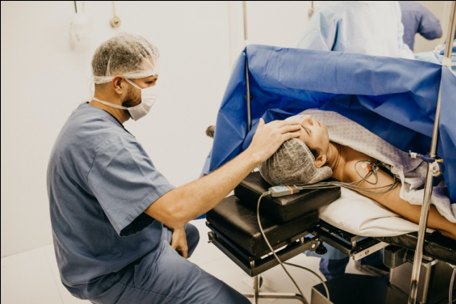
(Source)
Process of Colon Surgery
In order to perform colon surgery for diverticulitis, your surgeon will:
- Cut three to five little openings in the region of your abdomen (for laparoscopy) or make a six to eight-inch opening to inspect your intestine and other organs (for open surgery).
- Insert a laparoscope and other tools for surgery through the cuts (for laparoscopy).
- Fill your stomach region with gas to make more room for the colon surgery (for laparoscopy).
- Look at your organs to ensure there aren’t any other problems.
- Find the part of your colon that is affected, cut it from the remaining part of your colon, and take it out.
- Sew back the two parts of your colon together (primary anastomosis) or open a gap in your midsection or abdomen and join the colon to the gap (colostomy).
- Sew up your entry points and clean the regions around them.
Conclusion
If you are feeling inflammation or pain in the colon region, kindly visit our clinic or contact us today.















